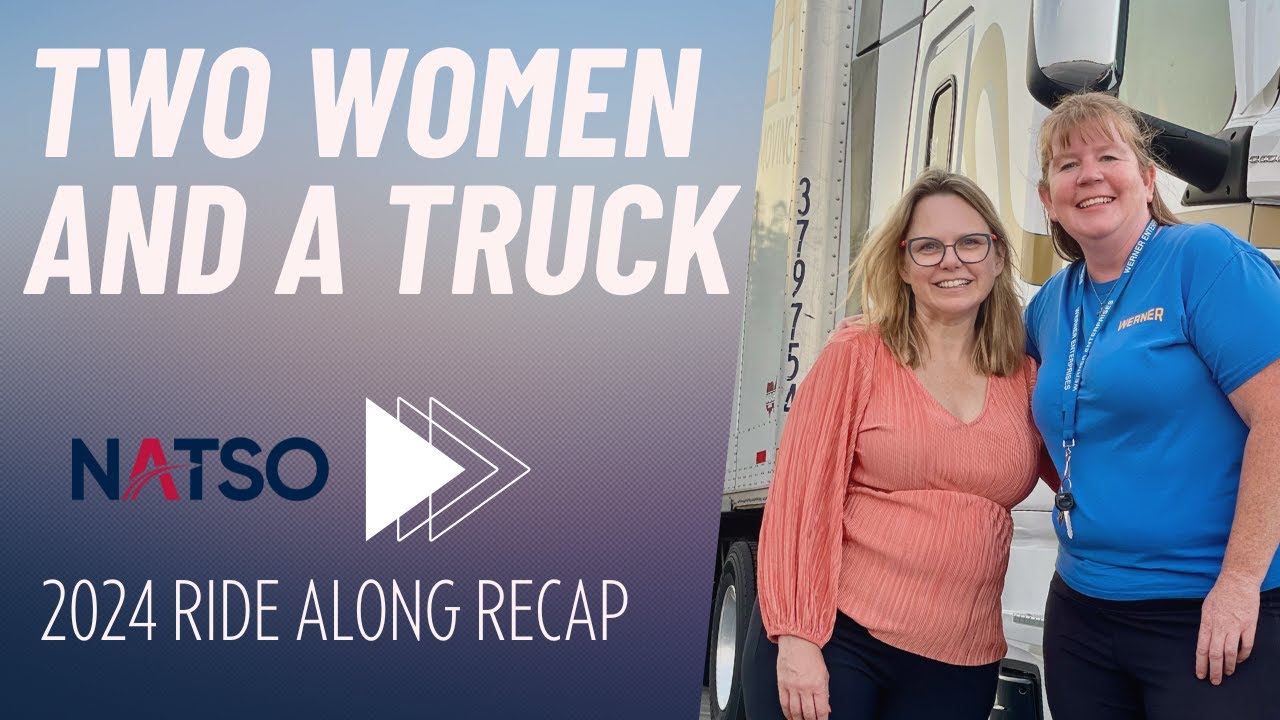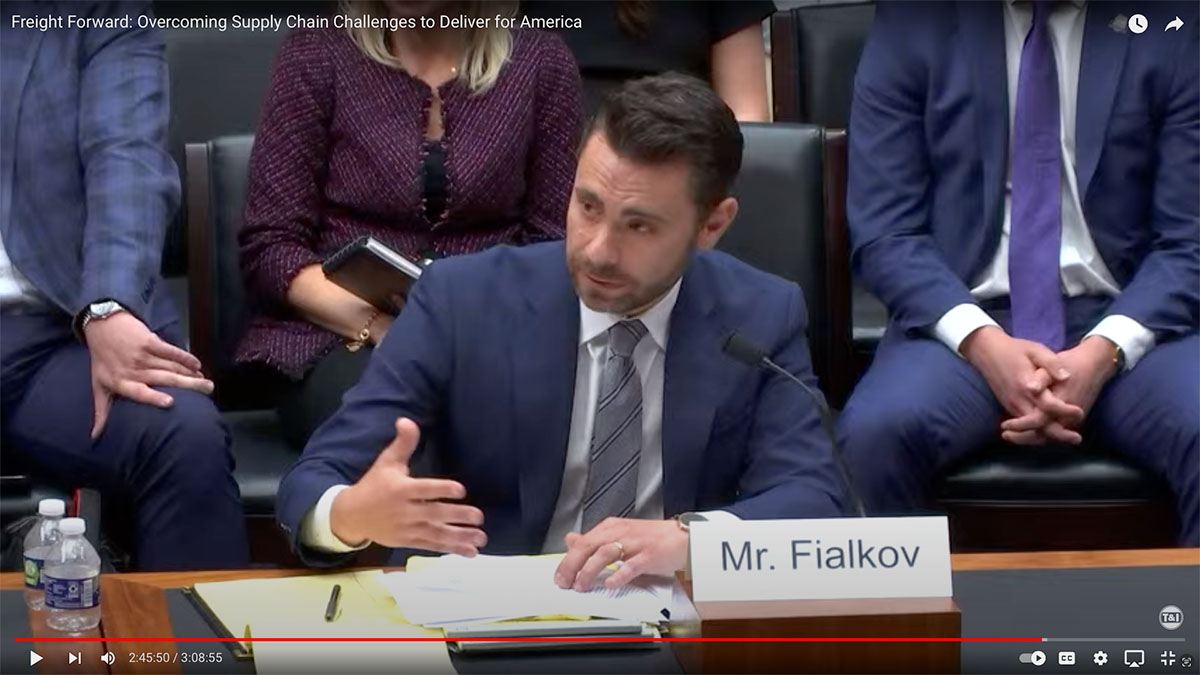NATSO urged the Florida Department of Transportation to explore ways to lower the private sector's costs in creating or expanding truck parking capacity while refraining from subjecting private truck parking providers to additional competitive or regulatory obstacles.
The comments were made by NATSO Vice President of Public Affairs Tiffany Wlazlowski Neuman during a recent webinar hosted by the Florida Department of Transportation.
FDOT asked Wlazlowski Neuman to address Florida DOT and other truck parking stakeholders to discuss how the Florida DOT could help the private sector expand truck parking capacity within the state.
In Florida, NATSO represents 65 member locations that provide more than 6,500 of the commercial truck parking spaces in the state. (Nationwide, the private sector provides 90 percent of parking capacity for commercial trucks).
Wlazlowski Neuman said that fundamental misunderstandings about the dynamics of truck parking often hinder the private sector’s ability to advance truck parking initiatives or discourage companies from making new investments.
Specifically, Wlazlowski Neuman noted that truckstops and travel plaza operators add or expand truck parking capacity based on consumer demand. Frequently, however, truckstops face zoning and permitting restrictions or citizen opposition that prevents them from advancing a project.
Wlazlowski Neuman further highlighted that truck parking is extraordinarily expensive to build and maintain. It can cost a private business $10,000 per year per space. Yet the vast majority of truck parking is free to customers. Less than 2 percent of NATSO’s members charge for truck parking.
Wlazlowski Neuman said that one of the best solutions to any concerns about truck parking capacity would be for fleets to negotiate truck parking in the same manner in which they negotiate fuel contracts.
A recent survey released by the American Transportation Research Institute (ATRI) ranked truck parking as the No. 1 concern by the nation’s truck drivers. Yet motor carriers ranked it at No. 3 on their list of concerns.
Wlazlowski Neuman said that NATSO recommends that State Departments of Transportation explore ways to lower the private sector's costs either through tax incentives or land acquisition and maintenance assistance.
She added that states must refrain from subjecting private truck parking providers to additional competitive or regulatory obstacles such as government-sponsored competition at Interstate rest areas. Commercial rest areas disincentivize private sector investments by granting states an unfair competitive advantage directly on the Interstate right of way.
Current federal law prohibits the sale of food, fuel or other services at Interstate rest areas. A study conducted by Safety for the Long-Haul conducted for the NATSO Foundation found in the 13 state where commercial rest areas pre-date the federal prohibition nearly 70 percent fewer truck parking spaces exist on commercialized corridors when compared with non-commercialized corridors where the private sector meets truck parking demand.
NATSO further encouraged FDOT to promote the economic value of the truckstop and travel plaza industry in those communities in which truckstops and travel plazas operate.
The typical travel plaza or truckstop employs between 75-125 individuals and has an average annual payroll of $2.3 million per location. Nationally, travel plazas and truckstops directly contribute more than $22.5 billion in state and local tax revenue.
“Federal and state governments recognize and emphasize the importance of truckstops, but these facilities are often opposed by local governments, such as city councils, or local residents,” said Wlazlowski Neuman.
“We provide local tax revenues that support schools and fire and police departments and we provide jobs. At the local level, communities need to understand that connection and the contributions that we make.”
NATSO is a key stakeholder in the Federal Highway Administration’s National Truck Parking Coalition and is currently working with many state Departments of Transportation like FDOT that are studying their truck parking capacity.
Subscribe to Updates
The NATSO Foundation and NATSO provide a breadth of information created to strengthen travel plazas’ ability to meet the needs of the traveling public in an age of disruption. This includes knowledge filled blog posts, articles and publications. If you would like to receive a digest of blog post and articles directly in your inbox, please provide your name, email and the frequency of the updates you want to receive the email digest.




